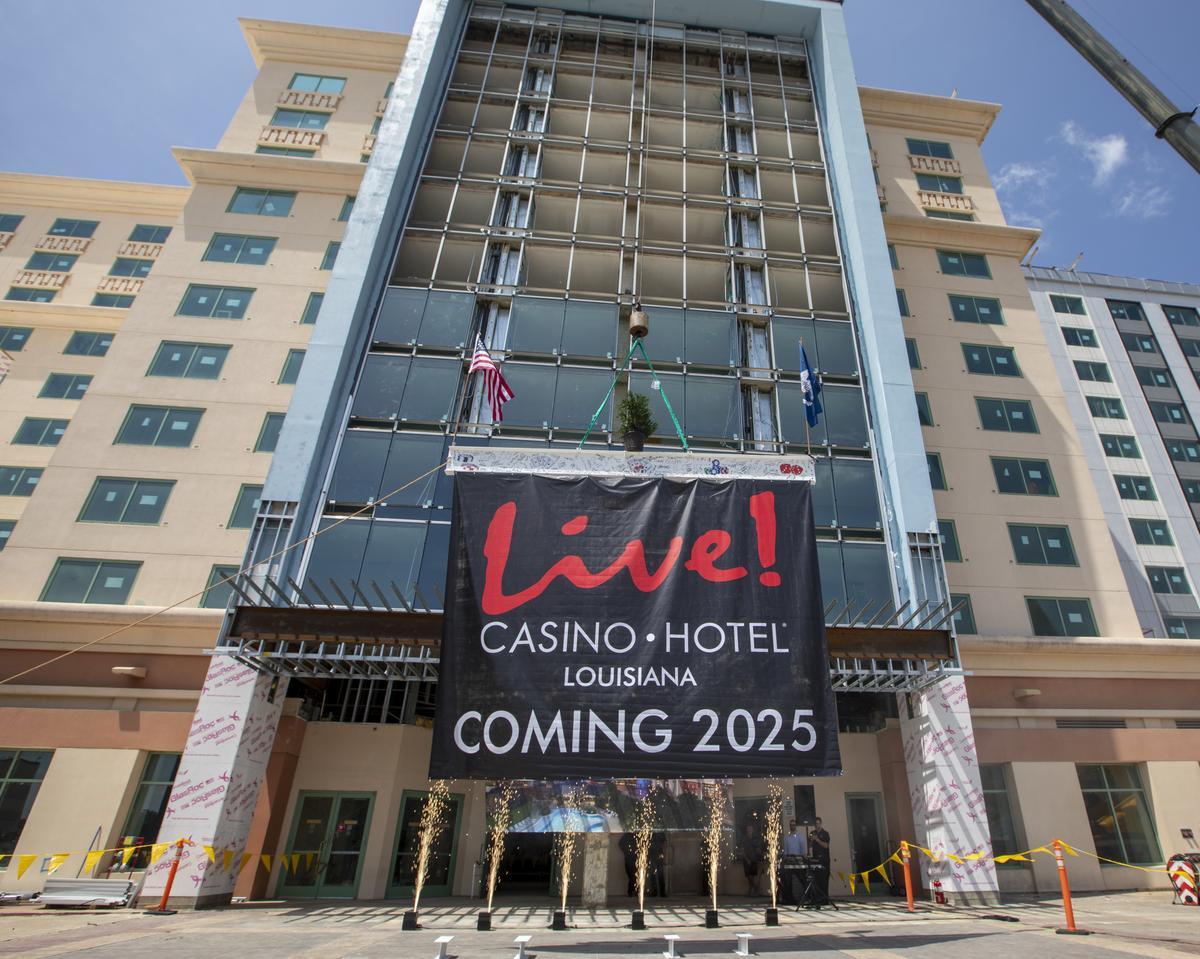BUFFALO, N.Y. — Help is on the way for three Western New York cities in the form of millions of dollars in state funding connected to a Seneca casino revenue sharing deal.
The governor’s office said it will deliver more than $5.5 million to Buffalo, roughly $7.6 million to Niagara Falls and another $3.5 million to Salamanca and Cattaraugus County. New acting Buffalo Mayor Chris Scanlon said the city budgeted for $11 million in casino money.
“Really the entire budget’s an if-come, right? There’s very few things in there that are set in stone that you can count on that are going to come in on the revenue side. Obviously the number is always moving a little but. You’ve got to adjust with it. We’ve had the $11 million included in the budget. So to hear this money is going to start coming through is obviously a great relief,” Scanlon said.
The funding represents roughly half a year of revenue and the state said it should be processed in the coming days. The current gaming compact between the Senecas and New York expired last December and while the two sides agreed to extend the terms, including sharing 25% of what they call the net slot drop, the Senecas have been depositing that money in an escrow account.
Republican state Sen. George Borrello said the state has an obligation to continue paying the cities though.
“I’m in business myself. If one of my customers isn’t paying me, that does not absolve me my obligation to pay my vendors my debts,” Borrello said.
Regardless, Buffalo Common Council Finance Chair Mitch Nowakowski said the money comes at a crucial time as the city could lose access to federal American Rescue Plan funds and could face potential extra costs for things like snow removal.
“We know that as ARP dollars shore up, we’re going to need liquidity. We’re going to need cash flow to be in our coffers so that we can continue to maintain our bills in between those budget payments that we get from state aid, sales tax and other resources,” Nowakowski said.
The Buffalo Fiscal Stability Authority estimates a $10 million to $15 million budget gap but Nowakowski says that figure is reliant on the expectation the city can reallocate American Rescue Plan funding promised to community groups. Without it, he said the deficit is likely closer to $40 million.
“Although I understand that it’s so important to provide critical services, I think that would create mass chaos, retracting money to be able to pay for city services and I just don’t know if that’s appropriate when these people and these organizations planned for that,” Nowakowski said.





